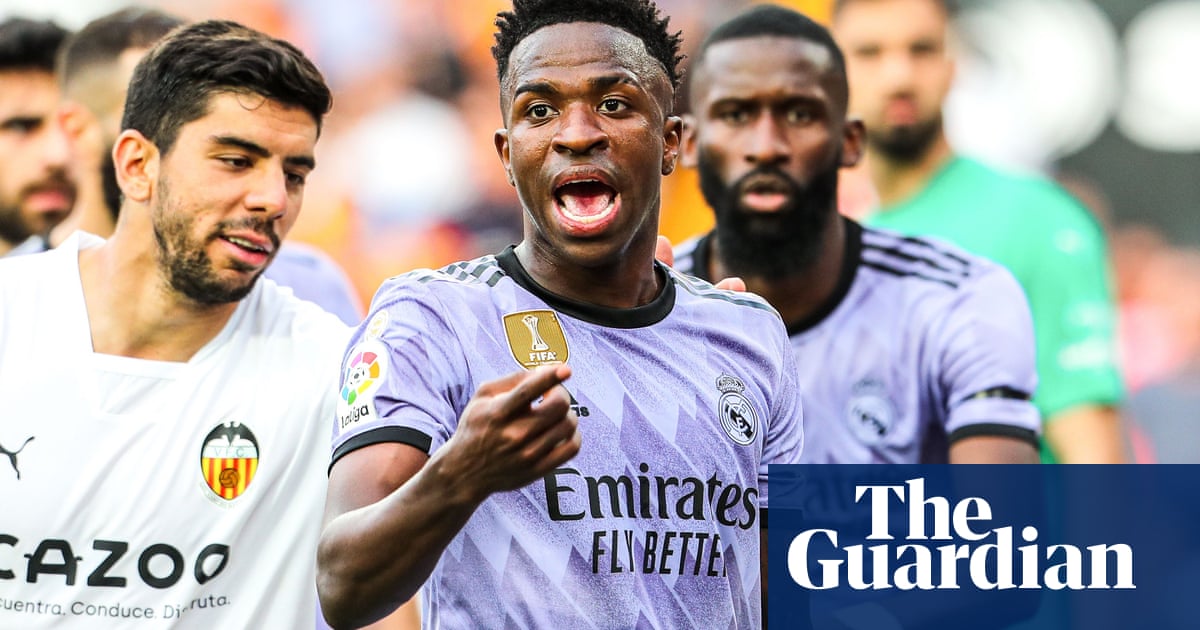
Since I wrote on social media that I would go to Jeddah for the Supercoppa, the Italian Super Cup football match this week between Milan and Juventus, many people have asked me why. The answer is simple: It is a sporting event that goes beyond sport.
To be there is to give visibility and trust to a nation that is engaged in an important program of reforms, and is at the same time a historical point of stability in a region that is also crucial for us Italians.
Traveling around the world, I have the opportunity to talk to many young Saudis, and I know how much they are in favor of reforms; I also know that everything cannot change overnight, and I know how frustrating it is not to see your efforts recognized by the world. This is why we need to be there.
The turning point in relations between China and the US in the early 1970s was a game of ping-pong. More recently, there were negative comments about last year’s winter Olympics in South Korea, which in fact became the springboard for reconciliation with the North. And when the 2018 Giro d’Italia cycling event started in Israel, the critics said it would be a disastrous Middle Eastern digression; instead it was a fantastic success, followed by enormous crowds both there and in Italy.
To be there is to give visibility and trust to a nation that is engaged in an important program of reforms, and is at the same time a historical point of stability in a region that is also crucial for us Italians.
Max Ferrari
To say that we must be in Jeddah because Italy is one of the leading commercial partners of the Saudis is correct and important, but it is not the main point. We must be there to honor and witness a path of openness that many in Europe know little about because much of the mainstream media either hides it or denies it. Media outlets opposed to the Trump adminstration have targeted its allies in the Arab world, starting with Egypt and Saudi Arabia.
I myself have had my doubts. After a conversation in December 2017 with Faisal J. Abbas, Editor in Chief of Arab News, in which he explained Vision 2030 and the reforms it would bring, I was skeptical — not about the will to implement them, but, being accustomed to Italian slowness, about the timescale. I was therefore amazed when, soon after, women were permitted to drive, there were cinemas, theaters, concerts; all things hardly imaginable until a year ago, and open to both sexes. I then saw the developments in family law, the ban on marriages of minors, the visit of Crown Prince Mohammed bin Salman to the Coptic Pope in Egypt, the meetings with Roman Catholic and Protestant representatives, the Saudi role of peace mediator (alongside the UAE) between Eritrea and Ethiopia, the fight against terrorist groups often tolerated in Europe, and much more — including the excellent work in the cultural field carried out by the Saudi Embassy in Rome. While all this is going on, Europe’s so-called “free press” seems to care more about where in a football stadium women may sit. And they couldn’t even get that right.
How appropriate that, as the Super Cup approaches, Arab News, which I genuinely believe is the voice of a changing region, has called for the abolition of male guardianship of women as being incompatible with Vision 2030. I am sure this epochal reform will soon become reality. Not only would this benefit women, it would benefit Saudi Arabia by removing a stick that its enemies use to beat Riyadh and its allies.
Instead, let the Italian Super Cup kick hypocrisy and misinformation where it hurts.
Max Ferrari is a journalist and politician. He is a former parliamentary journalist, a war correspondent in the former Yugoslavia, Iraq, Afghanistan and Lebanon, and director of a TV channel. He is an expert in geopolitics and energy policy. Twitter: @MaxFerrari
Disclaimer: Views expressed by writers in this section are their own and do not necessarily reflect Arab News" point-of-view












